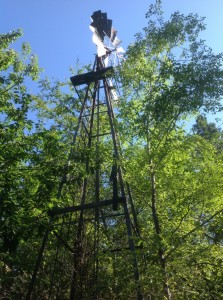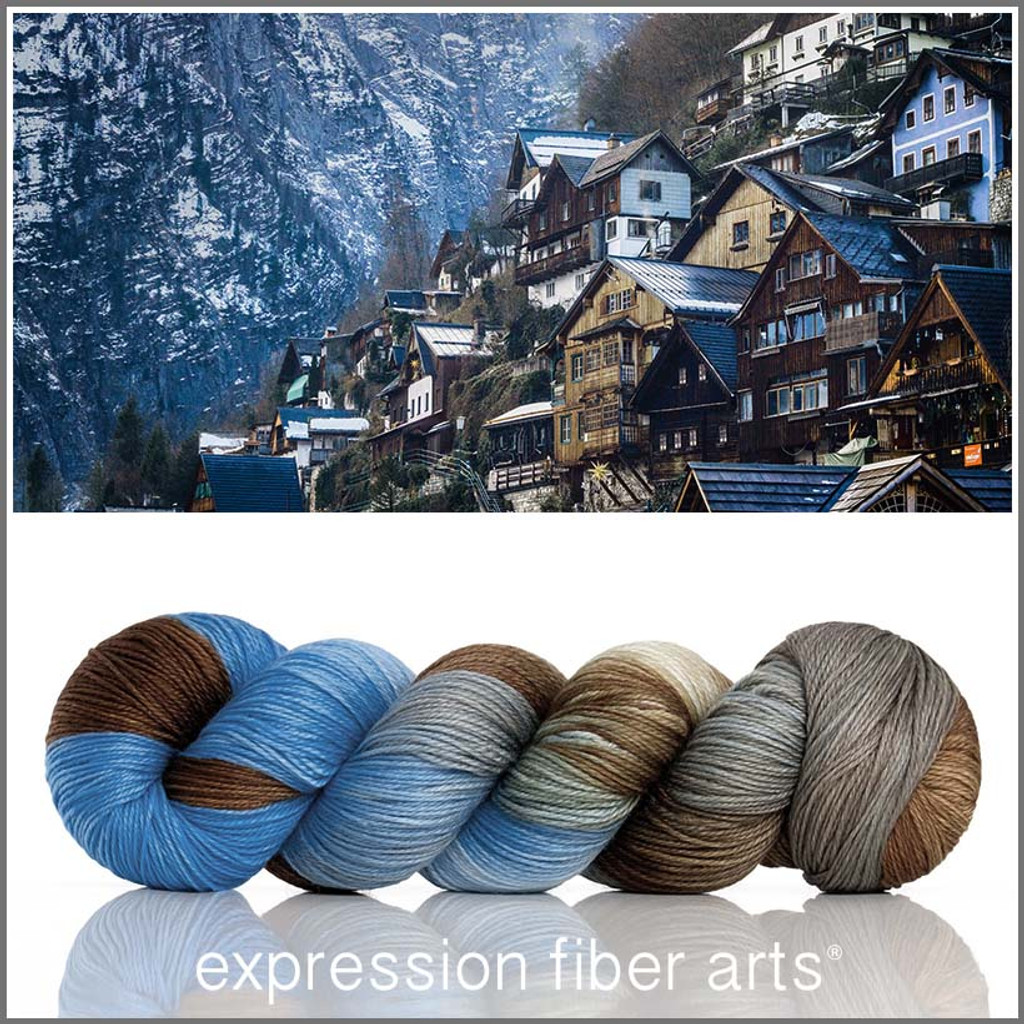 What does someone mean when they say, “oh, we live off-the-grid (OTG)?” The Urban Dictionary defines off-grid as taking a break from the phone or internet for awhile. However, true off-grid-living means there is no reliance on any of the mainstream systems for power, water, sewer, gas or any other utility. This can include the building and maintaining of roads, in the case of an OTG community.
What does someone mean when they say, “oh, we live off-the-grid (OTG)?” The Urban Dictionary defines off-grid as taking a break from the phone or internet for awhile. However, true off-grid-living means there is no reliance on any of the mainstream systems for power, water, sewer, gas or any other utility. This can include the building and maintaining of roads, in the case of an OTG community.
There are numerous considerations that one must take into account when they embark on an OTG lifestyle. How will you heat your home? How will you power your home? Is there access to water? How will you handle sewer? What will you do for an income? If you have children, how will you provide for their education? Will you produce your own food or will you supplement what you grow with meat from the grocer? Is heavy equipment needed to accomplish daily tasks? Can I really afford to live OTG? Do you have an entrepreneurial mindset? If joining a community, do you and your family subscribe to the non-aggression principle (NAP) and voluntaryism? Can you anticipate there will be improvements made to affect the overall good of the community and you will be asked to contribute with time and/or treasure?These are just a few of the major questions one needs to address before deciding to live off-the-grid.
If you don’t have an income stream in place, think twice about going off-grid. You are going to want several income streams coming in, especially if you foresee having a lot of expense in creating infrastructure. If you are wealthy and have quick access to funds, this is probably a non-issue for you. But if your assets are tied up and cannot be quickly converted to Federal Reserve Notes (FRN’s) or you do not have access to FRN’s, you have to address this issue and preferably see your income streams flowing before you get set on living OTG. Residual income is the best because you do the work once and continue to have income coming in. There are several home businesses that satisfy this need as well as making DVD’s, writing books, etc. Perhaps freelance writing or photography is something you can do. Even if you decide you will start a business venture, it is going to take you time to get a positive cash flow coming in from that business.
Do you have children under the age of 16 at home? If so, does the OTG community have a home school program in place? If so, what can you bring to the table to support and/or enhance the program? If not, can you create one for your children and the other children that live in the community? At this point, if you find yourself thinking you will send your children to public school, you might find that your mindset is not compatible with the rest of the community.
What about the mindset of you and your family? Living off grid is a reliance on nature and nature can be unpredictable. You and your family could find yourselves having to melt snow for water. You might be snowbound and have to rely on survival skills for food. Obviously, you will plan for the worst and hope for the best, but foreseeably the worst can be underestimated.
If, at this point, you still see an off grid lifestyle in your future, consider this: one of the top “advertised” reasons for living off grid is to save money on energy. There is an upfront cost to solar and wind power, though. Solar energy is dependent on the right latitude, longitude and number of sunny days. Geoengineering (aka: climate engineering) has a huge impact on solar power as well. Obviously, solar is not available 24 hours a day, seven days a week. So, one has to have storage capability which is usually battery storage. You can expect to pay about $1 a watt for solar panels. A flooded battery is going to cost $1 an amp whereas an absorbed glass mat (AGM) battery is going to cost $2 an amp. Will you design a twelve volt system or is 24 or 48 volt system A better solution? There is the power inverter, charge controller and positioning system as well. You should expect to spend as much as $30,000 for a complete solar system.
How will you heat you home? Propane keeps you dependent on the system. There is nothing like the warmth of wood heat and you could tie in a hot water system to it as well. Of course, you will have the workload of gathering and splitting the wood. There are many other systems you could consider, such as gasification or a rocket stove.
 Let’s not forget sewer. If you are designing your home or cabin, you are going to want to plumb your house in a manner where the grey water is diverted to watering trees (such as a windbreak). Grey water is water from doing laundry, washing dishes, showers and bath water. Black water, on the other hand, contains fecal matter and urine. This needs to be separate from the grey water and dealt with. You are off grid, so more than likely you are going to deal with a septic tank. Do not run the grey water into the septic tank as it is difficult to process black water if it has an excess amount of water in it. However, you can avoid the black water issue entirely by going with a composting or vermicomposting toilet. These are waterless, composting toilets which are odorless as well.
Let’s not forget sewer. If you are designing your home or cabin, you are going to want to plumb your house in a manner where the grey water is diverted to watering trees (such as a windbreak). Grey water is water from doing laundry, washing dishes, showers and bath water. Black water, on the other hand, contains fecal matter and urine. This needs to be separate from the grey water and dealt with. You are off grid, so more than likely you are going to deal with a septic tank. Do not run the grey water into the septic tank as it is difficult to process black water if it has an excess amount of water in it. However, you can avoid the black water issue entirely by going with a composting or vermicomposting toilet. These are waterless, composting toilets which are odorless as well.
What about water? This is crucial. Is there a well available or will you have to design a bladder system? How will you fill the bladder or tank? If a well needs to be drilled, you will need to decide how to power the pump, whether it be solar, wind or a generator. Again, reliance on a generator continues a dependency on the system’s ability to keep oil coming to the marketplace at an affordable price.
In closing, living off grid has many advantages and is a rewarding experience. Wherever you live, make sure you are being a good steward of the Earth.





